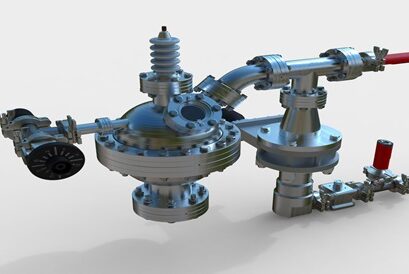Abstract
The article talks about the benefits of boron-based fuels, particularly for rocket propulsion. These fuels burn efficiently and produce a lot of energy. It also covers studies on the impact of boron particle size and oxygen content on their burning. Getting these right helps the particles burn completely and start burning at lower temperatures. Researchers use a tool named the Opposed Flow Burner (OFB). They study how efficiently boron particles burn. They also examine how quickly the fuel in solid fuels disappears. Because boron is more environmentally friendly, it’s considered a better option than other fuels like hydrocarbons. However, using boron as fuel has issues. One problem is that it starts burning slowly. This happens because a layer of B2O3 forms on the particles. This issue lowers the burn efficiency and the speed at which the fuel is used up. Lastly, the article compares boron fuels to others, showing they are cleaner for the environment.
Introduction
Over several years, advancements in Ramjet technology have progressively brought more attention. Ramjets hold unique properties, such as fast velocity, long range, and less propellant load, when compared to others. Because of these properties, ramjets are used in various missile technologies [1]. There are basically three types of Ramjet engines: solid fuel ramjet (SFRJ), liquid fuel ramjet (LFRJ), and ducted rocket (DR) [2]. Gany et al. conducted numerous experiments and proposed that DR has two combustion chambers [3]. If you switch out the solid rocket motor for a hybrid one, you get a Hybrid Fuel Ducted Rocket (HFDR). In 1999, Russo Sorge proposed this theoretical idea [4]. Later, an experiment was carried out by Komornik and Gany to confirm this idea [3]. The hybrid fuel-driven rocket is versatile and cost-efficient. It has the efficiency and control of liquid propulsion systems. It also has the simplicity and durability of solid propulsion systems. This design enhances how the air flows around it, making it more efficient. This results in stronger thrust and better control during flight.
Visit https://entechonline.com/review-article-boron-and-its-applications-in-rocket-propulsion-a-short-review-mar-2024-2310-13/ to read full article.













